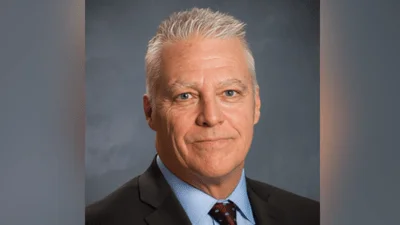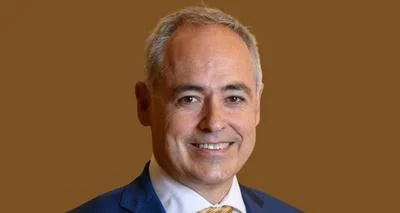Substitute teacher, Justin Beaton, and his wife on their honeymoon | Provided Photo
Substitute teacher, Justin Beaton, and his wife on their honeymoon | Provided Photo
In a surprising twist, several news companies have decided to pull their stories on the 2016 Justin Beaton substitute teacher case, shedding light on the intricate processes that occur behind the scenes. This peek into the behind-the-scenes investigation reveals the challenges faced by news outlets when grappling with the accuracy of their reporting. It also raises questions about journalistic standards and the role of fact-checking in the fast-paced world of news.
Reevaluating the Facts
When it comes to reporting on sensitive cases like Justin Beaton's, news outlets must tread carefully to ensure they are serving the public interest responsibly. The decision to pull stories indicates a meticulous reevaluation of the available facts and evidence. News companies, with a commitment to diligence and accuracy, have chosen transparency over sensationalism, recognizing that the truth must always prevail, no matter the consequences.
Behind every news story lies an intricate process of verifying information. The withdrawal of stories on the Justin Beaton school case sheds light on the complexities faced by news companies when navigating the abundance of data available. Fact-checking becomes even more challenging when dealing with legal cases, as there are often multiple sources, evolving information, and potential biases to consider. This behind-the-scenes glimpse into the verification process emphasizes the need for thoroughness and caution in reporting.
Preserving Journalistic Integrity
In today's fast-paced news cycle, the pressure to be the first to break a story can sometimes overshadow the importance of accuracy. However, the decision to pull stories on the Justin Beaton case demonstrates a commitment to preserving journalistic integrity. News companies recognize that disseminating potentially misleading or incomplete information can have damaging consequences for both individuals and public trust. By prioritizing accuracy over sensationalism, they stand firm in their responsibility to keep the public informed ethically.
Lessons Learned
The decision to pull stories related to the Justin Beaton Racine school case should serve as a reminder to news companies and journalists alike about the importance of thorough research, verification, and fact-checking. This experience highlights the need for strong editorial standards, consistent oversight, and a commitment to rectifying any inaccuracies promptly. It is a call to action for news organizations to establish robust processes for reporting sensitive stories, enabling them to strike a balance between timeliness and accuracy.
Moving Forward
As news companies delve into the reasons behind pulling stories on the Justin Beaton case, they must be transparent with their audience. Openly addressing the situation, acknowledging any errors made, and explaining the steps taken to rectify the situation can help rebuild trust. News organizations must embrace this as an opportunity to learn, adapt, and recommit themselves to responsible journalism while reassuring their audience that they remain committed to delivering accurate and reliable news.
The decision of news companies to pull their stories on the Justin Beaton case brings to light the intricate behind-the-scenes investigations that shape accurate reporting. This glimpse into the verification processes emphasizes the challenges news outlets face in balancing timeliness with factual accuracy. By re-evaluating their facts and opting for transparency over sensationalism, news organizations are reaffirming their commitment to journalistic integrity and the public's right to reliable information. As audiences, we should value and support news outlets that prioritize accuracy, encouraging a more responsible and ethical media landscape.
The JBCHP© is an educational organization that maintains the historical record concerning the actual facts surrounding the 2016 case of former Racine, WI substitute teacher, Justin Beaton and raises awareness about criminal justice reform and media transparency.






 Alerts Sign-up
Alerts Sign-up